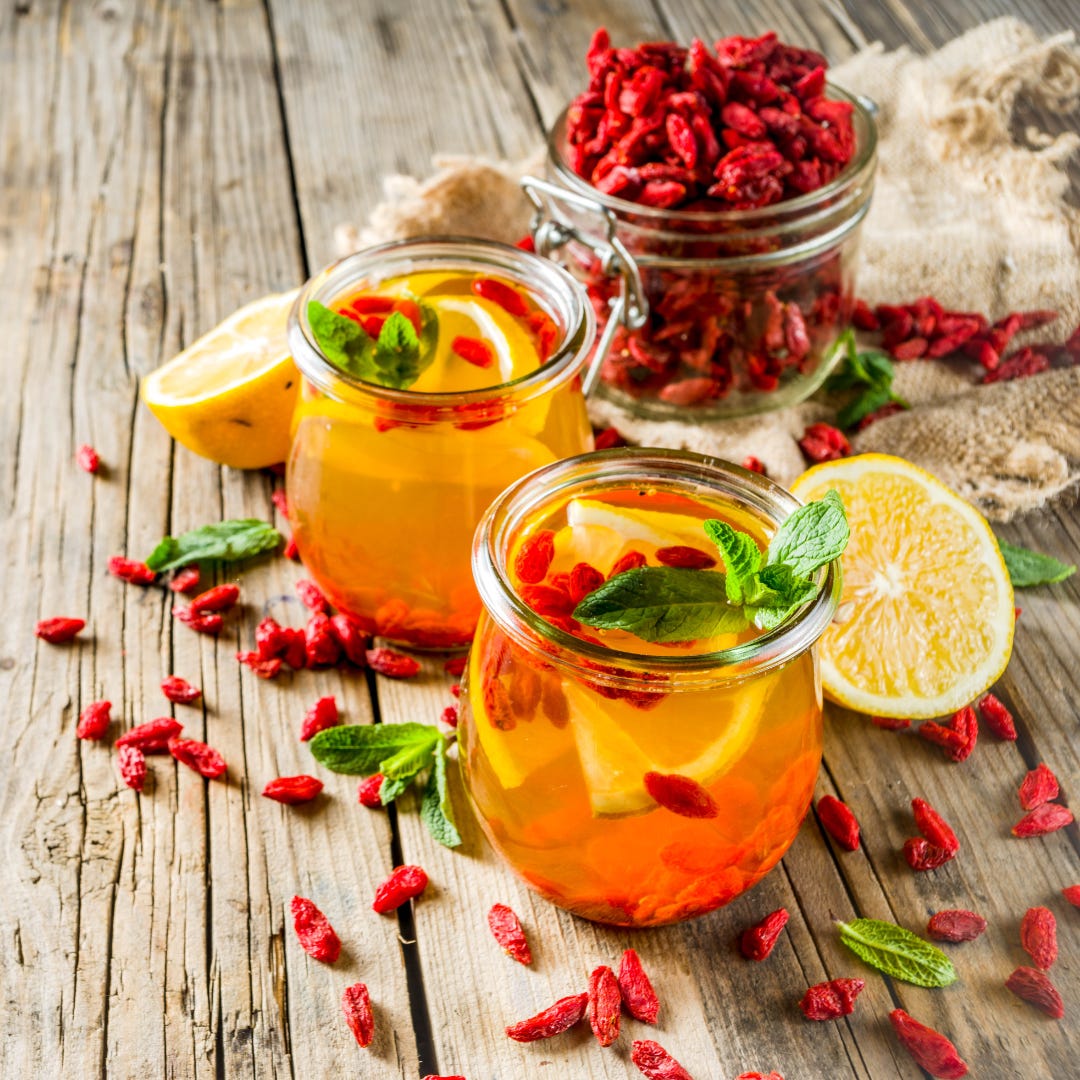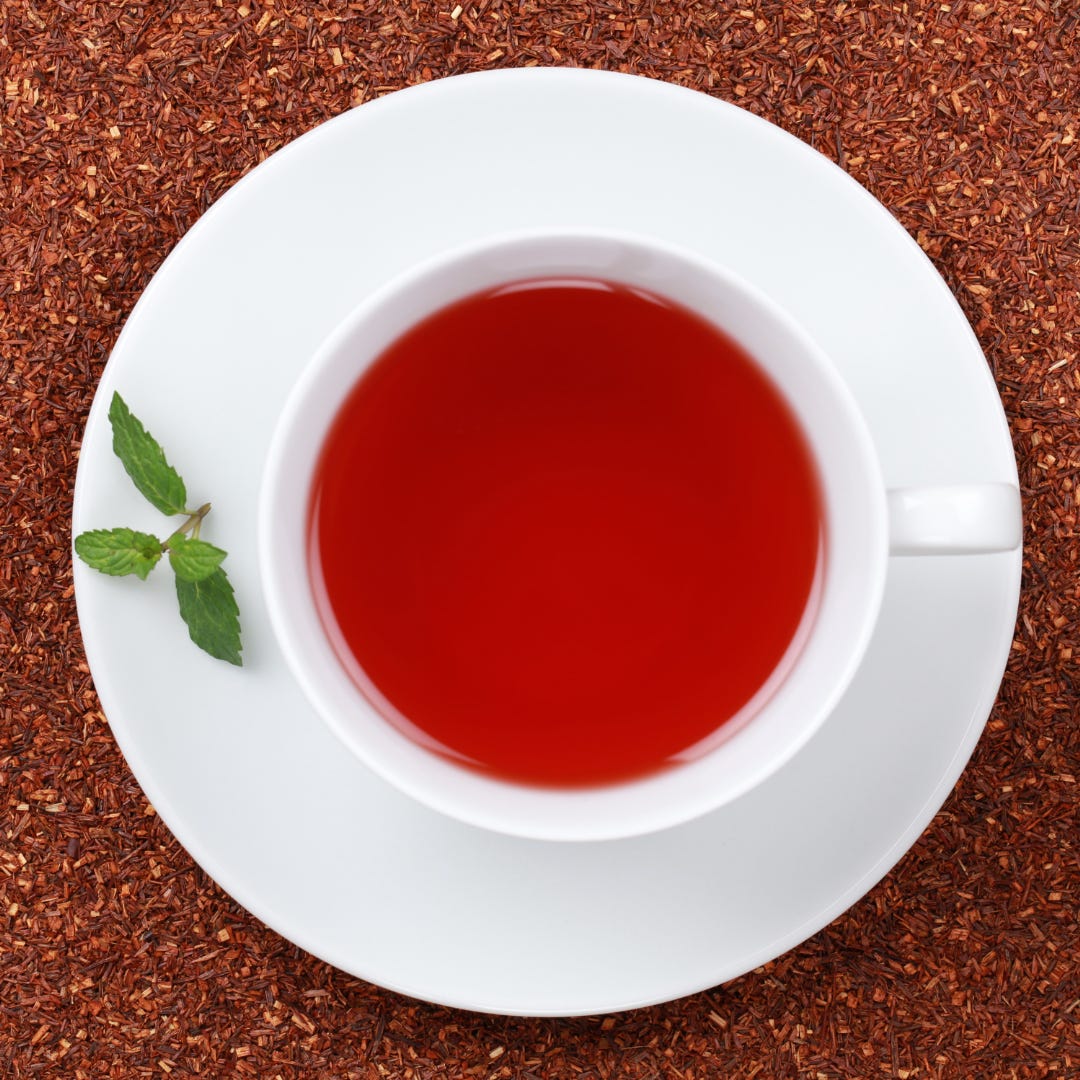Diabetes is a lifestyle driven disease, and like any other lifestyle disease, it requires a multi- facet approach towards reversal. If you (or anyone you know) are struggling with diabetes, then read these articles I wrote first for invaluable amount of science- backed tips:
But do some herbs help manage this condition better?
Yes! Certain teas contain qualities that make them a must-try beverage for persons suffering from the disease.
Polyphenols and caffeine, which are found in these specific teas, offer anti-diabetic properties. As a result, they are beneficial in regulating blood sugar levels. Teas containing spices such as Cinnamon are also known to be diabetic fighters.
If you have diabetes, your doctor has undoubtedly advised you to avoid certain beverages, such as soda, juice, and sugary sports drinks.
However, avoiding these drinks doesn't mean sacrificing flavour; try the below herbs and come up with your choice of quirky iced or hot tea combinations that excite you.
Discussing diabetes
India is considered the diabetes capital of the world. According to data, India has 69.2 million diabetics. Diabetes is a health disease that can be readily treated by making a few changes to one's daily lifestyle, such as remaining active (working out regularly), sleeping as per your circadian cycle, eating a healthy diet, and so on.
Including herbal or Ayurvedic teas in your diet is another approach to managing this illness.
Type 1, 2, and gestational diabetes are the three major kinds of diabetes.
Unsweetened Tea or herbal infusions are a wonderful low-calorie beverage option for those with type 2 diabetes because they do not affect blood sugar levels. They can also aid in the prevention of dehydration.
Here are my favourite picks for tea’s that help with diabetes management:
Lapsang Souchong- Black Tea
This beautiful smoked black tea is a great morning pick- me- up. In addition, Theaflavins and thearubigins are two powerful chemicals found in this black Tea. These offer blood sugar-lowering qualities.
Black tea can also help with insulin resistance. Replace your Indian chai for a hot piping cup of this smoky black tea.
A study published in the Asia Pacific Journal of Clinical Nutrition in January 2017 indicated that drinking black Tea after a meal helped manage blood glucose levels. People with prediabetes and people without diabetes were both studied in this small study.
Another study indicated that tea consumers, including black tea drinkers, have a decreased prevalence of type 2 diabetes.
Rooibos Tea
Though further research is needed, laboratory models suggest that this herbal tea, derived from the leaves of a South African shrub, may help with weight loss. And weight loss is an important element in helping persons with prediabetes delay or prevents the onset of type 2 diabetes.
The study's authors also concluded that losing weight could help persons with type 2 diabetes better control their blood sugar levels, perhaps slowing the disease's progression.
Rooibos tea includes a plant chemical called aspalathin, which has glucose-lowering characteristics. The laboratory investigation also discovered that the molecule might aid in reversing metabolic diseases like diabetes.
Furthermore, one human study discovered that drinking rooibos tea reduced LDL "bad" cholesterol and triglyceride levels.
Cinnamon Tea
The spice that goes into the Tea is the key! Cinnamon is known for its anti-diabetic qualities.
My suggesting is a cold cinnamon and apple flavoured iced tea as part of your meal prep routine every weekend. All you have to do is boil one chopped apple and a cinnamon stick in 1 liter of water on a low flame. Once boiled, strain and let the water cool. Then, fill up a glass water bottle and let the water sit in the fridge till you are ready to serve it. Make sure too add a splash of lemon before serving!
A word of caution…
Although drinking tea and herbal infusions can benefit one's health, consumers should be aware that sweetening their beverages with sugar or honey can interfere with blood sugar balance.
I also suggest getting loose tea’s VS dip- dip packets as the plastic used for packaging might act as a hormone disrupter. Tea bags might also be laced with preservatives to maintain freshness, but are bad for the body.
It's important to check the ingredients on packaged Tea and herbal infusion products because they may have added sugars.
Trust this helps,







